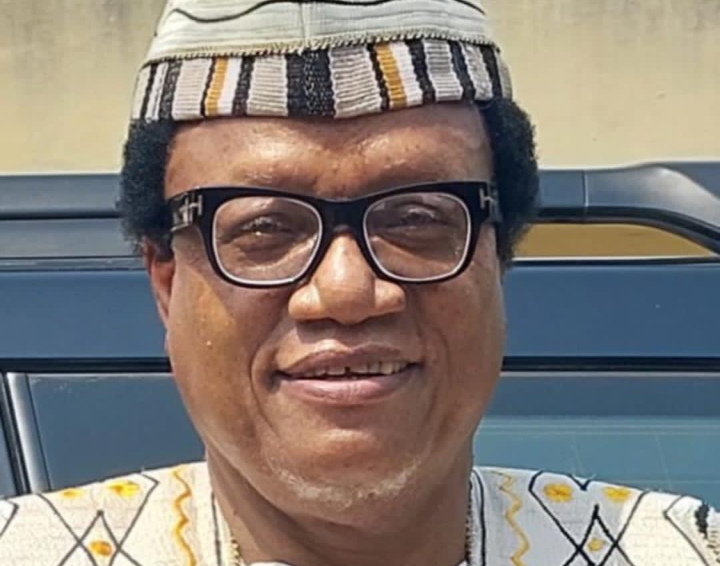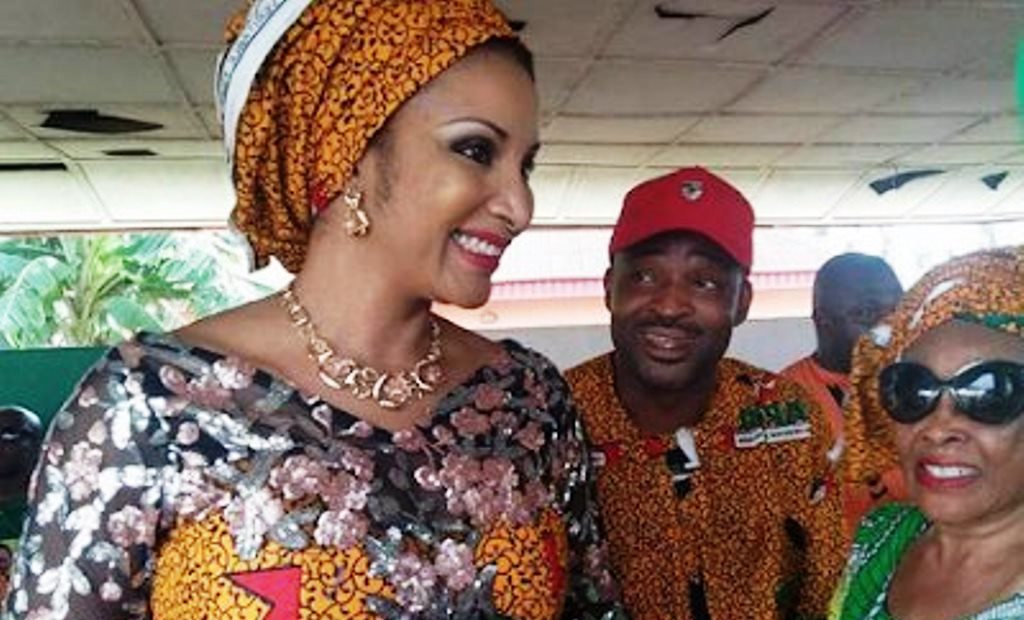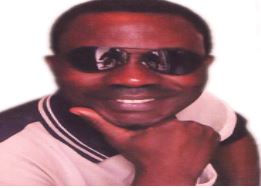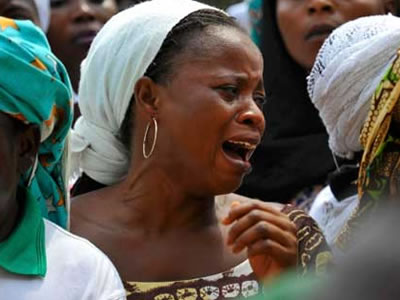By Hope O’Rukevbe Eghagha
Last week an obscene video of a young woman (described rather pejoratively as ‘a young childless widow) paraded naked in the streets Otuocha and Enuobodo in Aguleri community in Anambra State trended and caught the attention of the cyberworld. Though the vituperations were in Igbo language, the violent gesticulations of her traducers were enough for us to deduce anger and righteous indignation on the part of the men and women who had held the poor woman hostage. There was an atmosphere of sobriety mixed with angst and uncharitable fervour for communal vendetta, despising the laws of the land in such a despicable manner.
One must from the outset state in clear terms a fundamental objection to extramarital affairs by married women. No law, conventional or traditional, supports a married woman having sexual relations outside marriage. Not even the family of the offending woman will support her. If a marriage is not working, they would rather you quit than remain and shame the family through adultery. Sadly, a woman who commits adultery does so with another man. The taboo does not seem to affect the man. Even in the woman caught in adultery in the bible, her co-offender is not dragged to the court of Jesus Christ! Apparently, the law which makes the woman so tabooed as to lead to her husband’s death does not affect her fellow culprit! It is a male-dominated world! Also, husbands are willy-nilly allowed to cheat on their wives in our society though both sexes who go outside marriage for sex break the marriage vows. Put plainly, society looks the other way when husbands go on the rampage with women around town!
It was vintage barbarity, this public punishment on the ‘young widow’, made shameful the more because we are ostensibly in the 21st century, with prescribed and encoded rules of social engagement. But obviously our mindset lies in the dark arms of the Stone Age, especially in certain aspects of what some call culture. In the video, her husband’s corpse was laid on a stretcher on the floor. She was naked in a corner naked, looking forlorn, scared of what could happen to her. We do not hear her voice, her point of view, and her defence. The circumstances were shameful and tragic enough to numb her into culturally fatal docility. She was accused of causing her husband’s death through her adulterous act. Apparently, in that community, it is believed that when a married woman engages in sex outside her marriage, it will lead to the death of her husband. Another version of the story is that she poisoned her husband so that she could have the freedom to marry her okada-rider boyfriend! Of course, if she did, that was terrible, and in the words of my church minister Bro. E.M. Oki, ‘she added sin to sin!
To be sure, there are some other ethnic groups which subscribe to this view. A married woman’s unfaithfulness, they assert, is dangerous to the well-being of the husband, the children, and the community. In some communities, just fondling any part of a married woman’s anatomy is sufficient to get her into cultural woes of a spiritual dimension. It is a belief system. Persons who subscribe to this cultural view would swear that if a man knows that his wife is messing around and takes no step to punish her, he will die, especially if he continues to eat food prepared by her or the children will fall ill and die one after the other until she confesses her sin.
Whatever the circumstances, it was sheer wickedness and scandalous barbarity to treat a fellow human being the way the ‘young childless widow’ was traumatized. In the narrative, the addition of her ‘childless status’ was instructive, almost definitive of the depth and scope of her personal tragedy. She is no good, she is taboo because she does not have a child. It does not matter if her state of childlessness is because of her husband’s deficient reproductive equipment. Could that be why she foolishly had an extramarital affair? Did she really have a lover? Could having an extramarital affair cause the death of a husband? What informs that logic if not superstition and a fetish mindset? Why should the taboo offender stay alive while the innocent husband dies suddenly?
The truth is that the scandal at Aguleri was disgraceful and offending to the rule of law, codes of decency, and natural justice. The matter has been taken over by the Police. Some of the persons, men, and women, boldly displayed their faces in the video because they believed that they were protecting tradition. They must be invited for questioning. There are doubts whether the Police will follow through, whether they will not be prevailed upon by the powers-that-be to allow sleeping dogs lie. This must not happen. The widow of Aguleri is a person with dignity and right to life. The mob leaders should be punished to serve as a deterrent to others. The First Lady of the State has condemned the action and called for the perpetrators of the barbaric act to be punished according to the laws of the land. I read somewhere that a group donated one million naira for her rehabilitation. We know that widows are still subjected to indignities once death occurs. From drinking the water which was used to wash the corpse to staying alone in a room with her husband’s corpse are other forms of barbaric treatment some widows suffer. This must stop. I expect women to be in the forefront of this fight.
For the widow of Aguleri, hers was a double tragedy- loss of her husband and a terrible form of subjugation, denigrating and traumatizing her personality for life. I can bet that life will never be the same for her in that community. A relocation to a new town will help the healing process. Sadly, the trauma will remain her for the rest of her days.
Professor Hope O. Eghagha (BA, Jos; MA; PhD, Lagos) MNAL
Department of English
Faculty of Arts
University of Lagos
Akoka Lagos
NIGERIA







